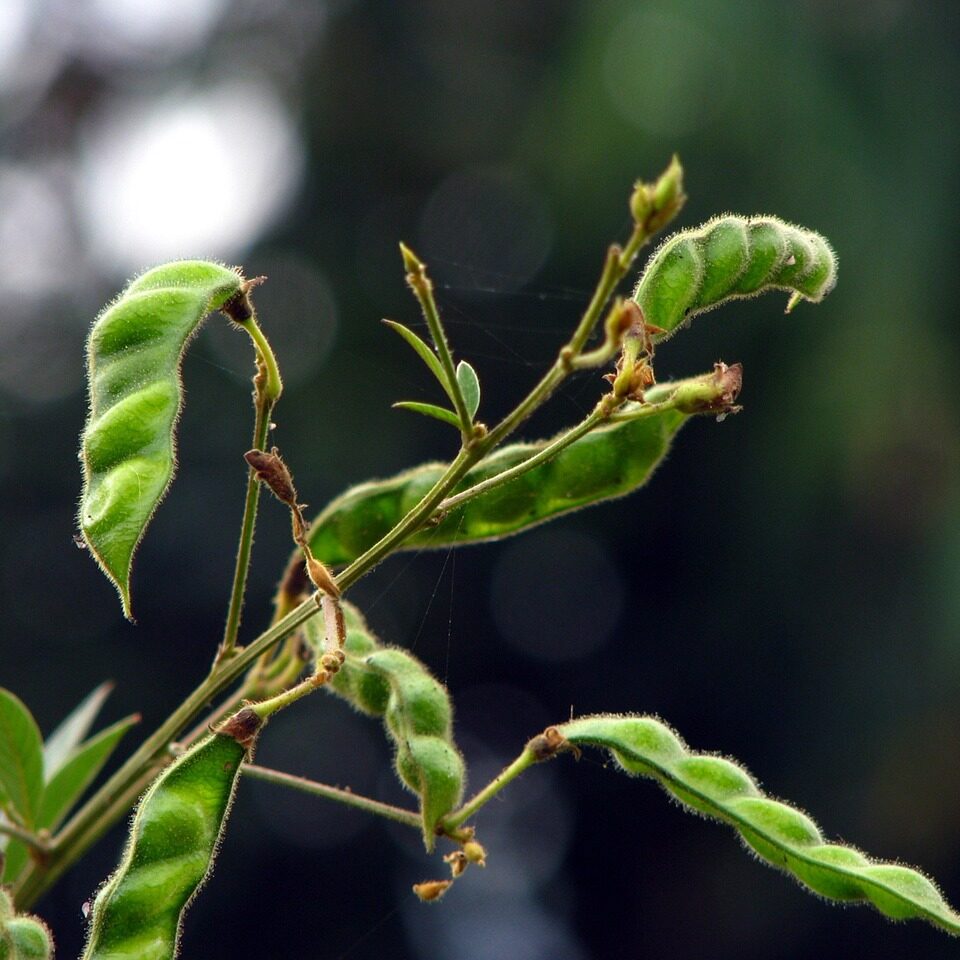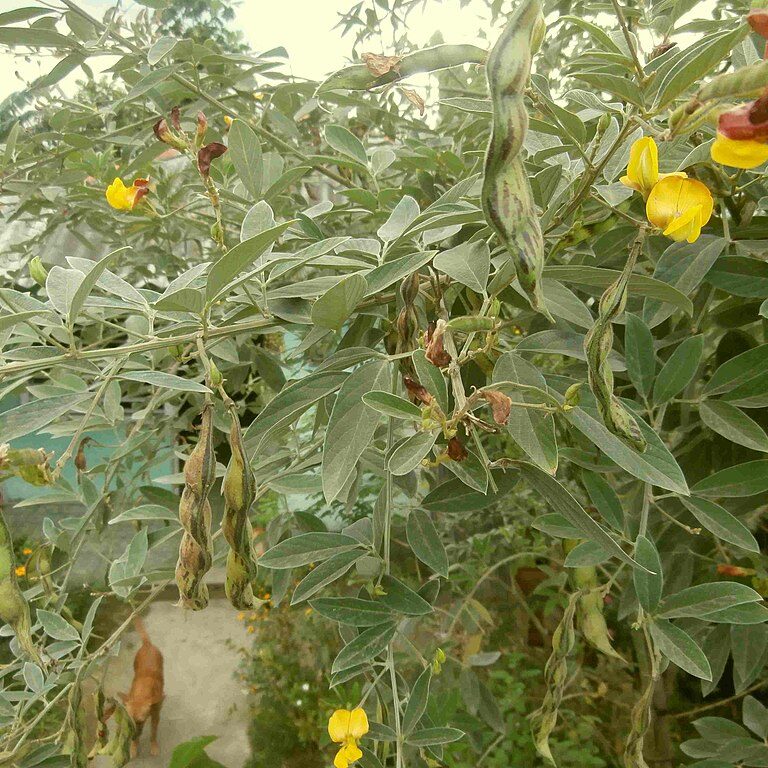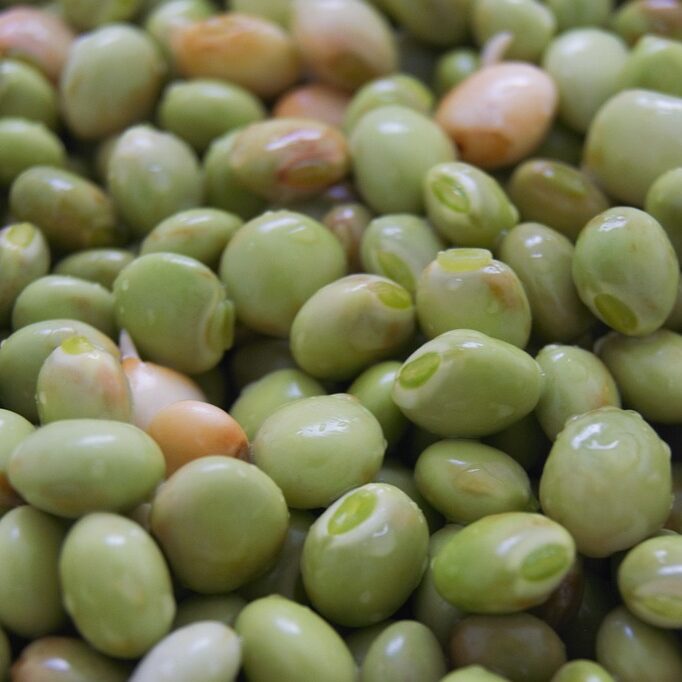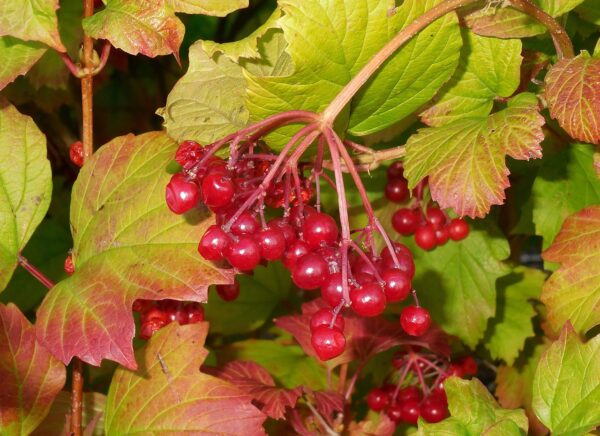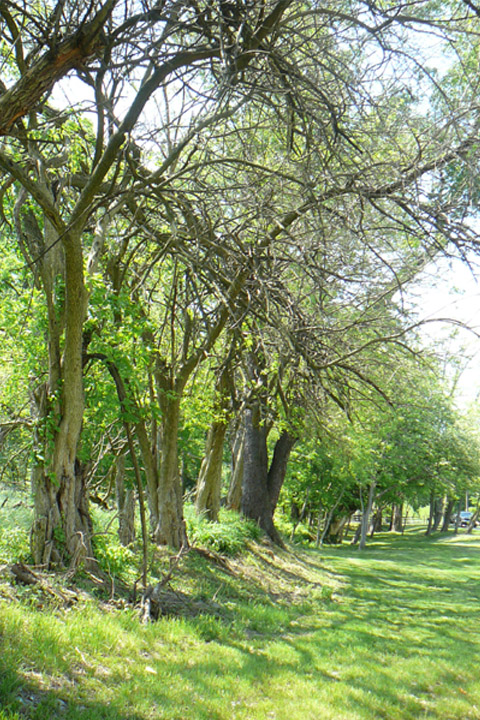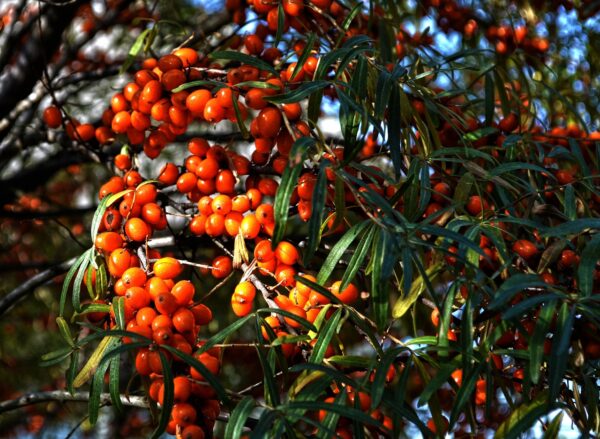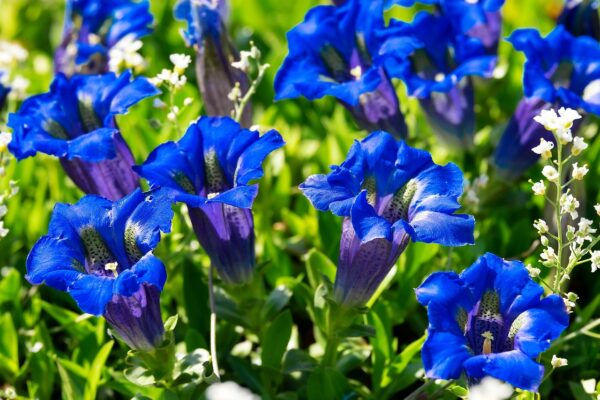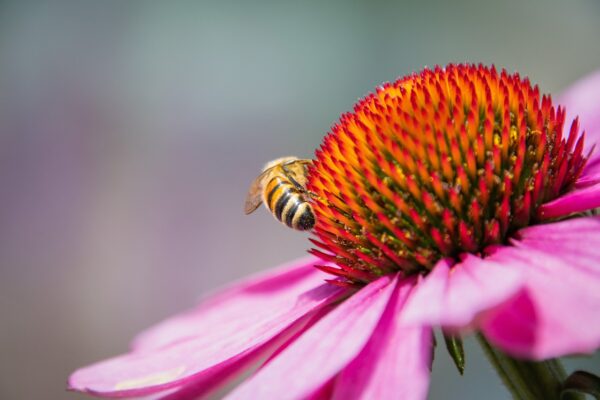Your cart is currently empty!
Cajanus cajan – Pigeon pea seeds
Description
Cajanus cajan, or pigeon pea, is a fast-growing, shrubby legume widely cultivated for its edible seeds, soil-building properties, and usefulness as a support crop in food forests. While typically grown in subtropical and tropical climates, it can be trialled in warm, sheltered sites in northern New Zealand as a short-lived perennial or annual.
The plant produces pea-like pods containing edible seeds that can be used fresh, dried, or sprouted. Young pods are edible whole, while mature seeds are cooked like lentils or dried beans. The flavour is mild and earthy, and the crop is a staple in many cuisines across Africa, Asia, and the Caribbean. As a nitrogen-fixer, pigeon pea also improves soil fertility and supports the growth of neighbouring crops.
In ideal conditions, it can reach 2–4 metres tall in a single season. It flowers and sets seed best with long, warm summers. It is frost-sensitive and not suitable for high-altitude or frost-prone regions unless treated as an annual. In warmer microclimates, especially with coastal or urban shelter, it may persist for 2–3 years and flower reliably.
Pigeon pea prefers full sun and well-drained soil and is drought-tolerant once established. Pruning can keep it compact or encourage branching for better pod set.
Germination and Cold Stratification:
No cold stratification is needed. Sow seeds directly into warm soil (above 20°C) or start indoors in trays in late spring. Germination occurs within 7–14 days.
Outdoor Sowing Tip:
In northern regions, sow seeds directly in late spring once all risk of frost has passed. In cooler areas, treat as a novelty or warm-season cover crop and grow in the hottest, most sheltered spot you have.
